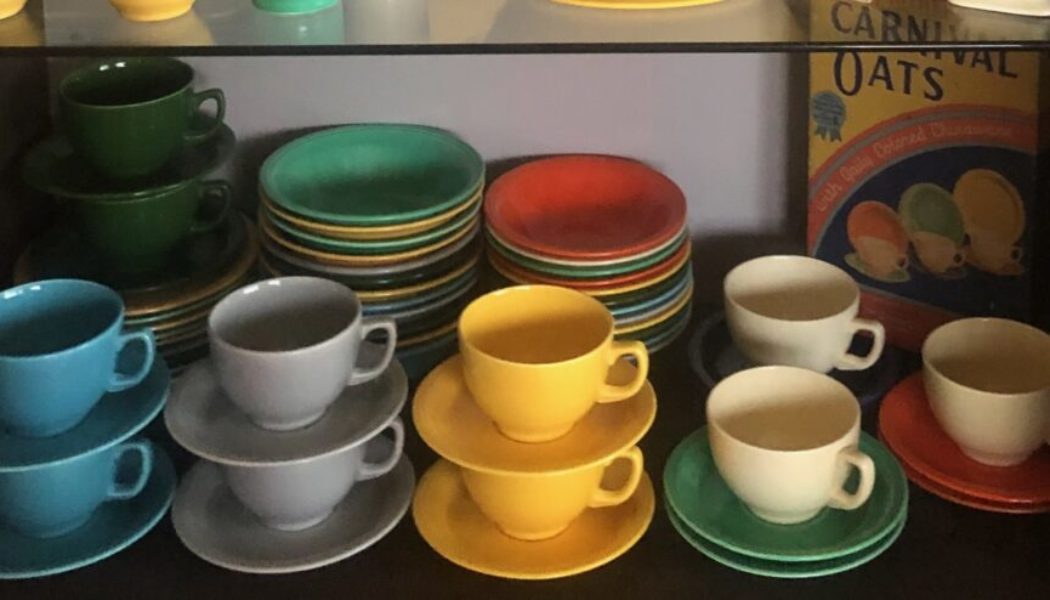Remember digging through that cereal box to find the prize at the bottom? Manufacturers and retailers learned long ago that offering free items (called advertising premiums) attracted customers and created brand loyalty. Advertising premiums date back to the late 1700s but became much more popular in the 1900s. Did your grandmother collect an entire set of dishes just by purchasing boxes of oatmeal or soap? We’ve scoured our archives to find fun examples of advertising premiums over the decades.
Kellogg’s was the first cereal to offer an advertising premium when they introduced the Funny Jungleland Moving Picture Book in 1910. Customers could mail in two packages of Corn Flakes and get the book for free.
Beginning in the 1920s, Quaker’s Mother’s Oats ran an advertising campaign where each package of oats contained a piece of china. The promotion proved popular with American families already pinching pennies to survive the Great Depression. With each purchase, customers might find items like a teacup, saucer, 6-inch plate, or an oatmeal bowl inside the box. Quaker’s promotions continued for years, with the company giving away dishes, cookware, and flatware with purchases.
Powdered soap was the perfect packing material for pottery in the 1930s. To encourage brand loyalty, Par Soap began including individual pottery pieces, like cups, saucers, or salad plates, inside every large soap box.
What was it like to find a dish inside a box of soap? Click on this short video and find out!
Sometimes the advertising premium was the product packaging itself. In the 1930s, Kraft began offering their processed cheese in reusable glasses called “Swanky Swigs.” The glasses were decorated with stylized motifs and could be washed out and used as drinking glasses when the product was gone. Many ads encouraged customers to “collect the whole set.”
In 1939, Chicken of the Sea introduced individual tuna-shaped pottery dishes as a fun way to serve tuna salad. The dishes came in four colors and were such a hit that the company introduced tuna-shaped salt and pepper shakers in 1940 and tuna-shaped plates in 1941.
Another example of premiums included within the packaging is Sealtest cottage cheese. In the 1950s, Sealtest packaged its cottage cheese in reusable tumblers or colorful pottery bowls. Customers could amass an entire collection over time by purchasing that same brand each week.
Many of these nostalgic advertising premiums are now sought after by collectors. Do you have any kicking around your house? Share your memories in the comments below and learn about more historic advertising premiums on Newspapers.com™ today.
Join Our Telegram Group : Salvation & Prosperity














